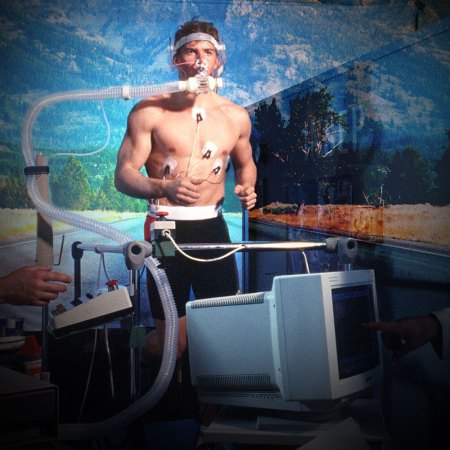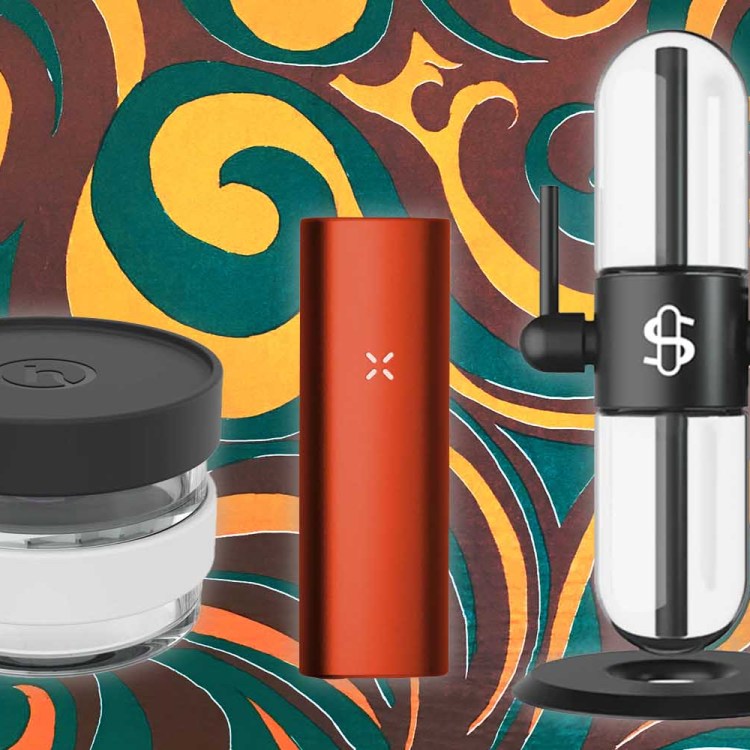This month, we’ve been recommending projects you can accomplish all by your lonesome.
Unfortunately, maintaining your health isn’t one of them.
It takes a village of medical professionals to keep you upright, whether you’re approaching 20 or well past 60.
Ergo: the 13 medical tests every person should know, as organized by age.
The tests were selected by Dr. Robert Segal, a leading Manhattan cardiologist and co-founder of LabFinder, an online resource for finding and booking medical tests nationwide (and receiving results quickly).
And before you ask… “In most cases yes [these tests are covered by insurance], if they are screening by age,” says Dr. Segal adding, “In the cases where it is not covered, LabFinder has pre-negotiated test prices to make testing accessible to more people.”
Without further ado, in your 20s, get your …
- Annual Physical Exam by your primary care physician, including blood pressure and height/weight checks. Do this every year.
- Depending on your individual circumstances, your doctor may want to do an Electrocardiogram to check for heart disease, and blood tests to screen for diabetes, thyroid disease, liver problems and anemia.
- STD Screenings, if you’re under 25 and sexually active, or older with multiple partners or a new partner. You should get tested annually, or if you have reason to believe you’re at risk.
- Cholesterol. You should get your first total cholesterol exam at 20. High cholesterol is a risk factor for heart disease and the only way to detect it is with a blood test. If your LDL or “bad” cholesterol is higher than 130, you should get re-tested annually. If it’s lower, you can wait five years to do it again.
In your 30s, get your…
- Coronary Calcium Score. It’s a screening for coronary heart disease in individuals with strong family history and/or risk factors (plug: self-pay and LabFinder will renegotiates fair market prices).
- Genetic Testing. This can be done as early as you choose. LabFinder works with a few great companies to offer a self-pay test. Genetic testing has potential benefits, whether the results are positive or negative for a gene mutation. Test results can provide a sense of relief from uncertainty and help people make informed decisions about managing their healthcare. For example, a negative result may eliminate the need for unnecessary checkups and screening tests. A positive result can direct a person toward available prevention, monitoring and treatment options.
In your 40s, get your…
- Mammogram. Women with a family history of breast cancer should begin getting mammograms, an X-ray used to detect masses that could be malignant every two years, at the age of 40. In addition, your doctor should be conducting a physical breast exam to feel for abnormalities during your annual visit. If you have a family history of breast cancer, speak to your doctor and start getting tested earlier. If you do not have a family history of breast cancer, regular mammograms should begin at 50.
In your 50s, get your…
- Colonoscopy. Note: Men and Women should both get a colonoscopy.
- PSA Blood Test. When men turn 50, they should get a PSA blood test to check for prostate cancer every 1-2 years.
- Electrocardiogram, Echocardiogram and Exercise Stress Test
- Fasting glucose (blood) test. Starting at the age of 50, men and women should be screened for type-2 diabetes annually with a fasting glucose test (a simple blood test that can be done during your annual physical). This test should be conducted at any age if the patient is obese — even a little overweight — or has a family history of diabetes.
- Discuss with your physician screening for coronary heart disease, abdominal aortic aneurysm and Carotid Artery Ultrasound Screening.
In your 60s, get your…
- Bone Density Test. For both men and women. Everyone over the age of 65 should have a bone mineral density test to check for risk of fracture. A lot of men think they are not at risk for osteoporosis, but they are, and they need this exam, too. And note that a bone density test may need to be conducted earlier if a person is thin or frail and/or a smoker.
Whether you’re looking to get into shape, or just get out of a funk, The Charge has got you covered. Sign up for our new wellness newsletter today.























